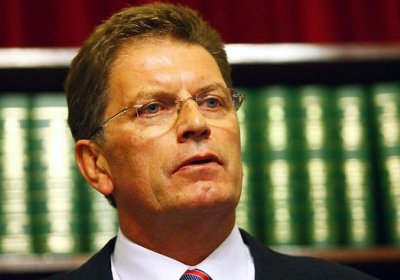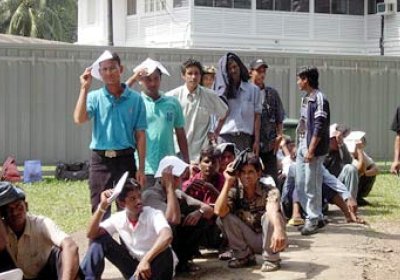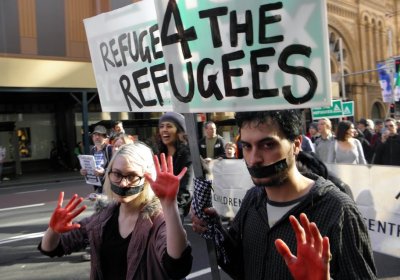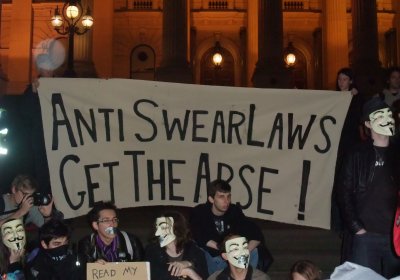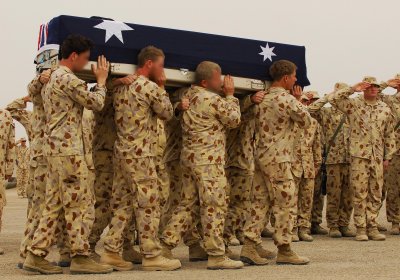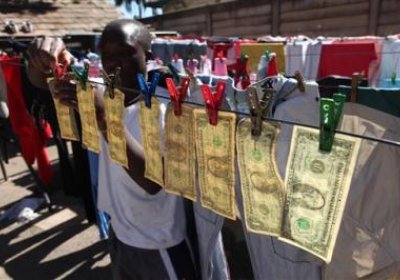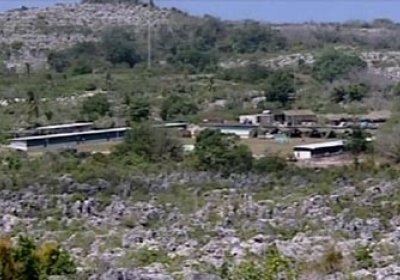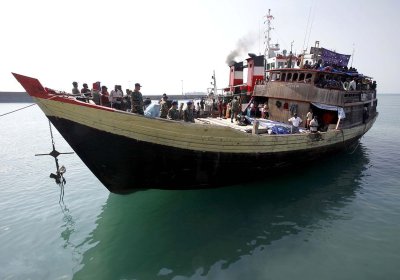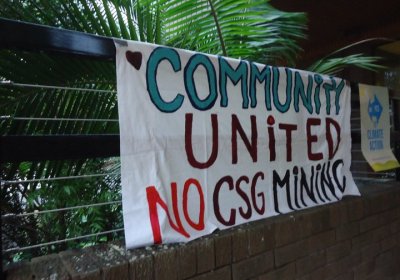For something as simple as stubbing your toe and saying “Oh, fuck” in public, the Victorian police will now be able to fine you $238.90 for swearing or using offensive language. Does this mean that an entertainer or musician can also be fined for swearing or using offensive behaviour in their act or song? The anti-swearing legislation doesn’t define what a “swear word” actually is. This gives the police extraordinary power to use these laws in discriminatory ways.
Analysis
I am a Rohingya Burmese refugee asylum seeker in Australia and I left Burma since the end of 1999 for certain circumstances based on race, political and systematic oppression.
The message below was sent on June 20 — World Refugee Day — from an asylum seeker named Jaffer. Jaffer is held in Curtin detention centre in Western Australia.
WikiLeaks released the statement below on June 16 to mark six months since its editor-in-chief Julian Assange was placed under house arrest in Britain.
In the first week of June, the Baillieu state government introduced new laws that give Victorian police the power to issue on-the-spot fines of up to $240 for using offensive language.
Victorian police already had the power to charge people with indecent language offences, but they had to do this through the court system. This meant that people had the opportunity to defend their behaviour through the judicial system and were more likely to get a fair hearing.
In April and May, while in South America as part of solidarity brigades to Venezuela and Bolivia, I met some people who have risked everything to make their communities and their countries better places to live. I became so used to people passionately fighting for things they believed in that when I returned to Australia I received a sharp shock.
Suddenly I was back among people who, in general, did not care much or want to know about issues of inequality or other problems in our society. It is for these people that this is written.
The Greens’ attempt to challenge Australia’s Afghan war policy in parliament last year has, by and large, sunk without trace.
In spite of recent polls showing overwhelming public opposition, Australia’s Afghan commitment rolls on, with the recent deaths of more Australian soldiers. And the war continues to claim the lives of Afghan civilians.
It wouldn’t be okay for Amnesty to take donations from military dictators or for Animal Liberation to accept abattoir-owners as sponsors.
Such scenarios are so unlikely they just sound bizarre.
So why should we accept that it’s okay for Australian environmental groups to take money from fossil fuel corporations?
Surely it’s the ultimate conflict of interest. How can groups set up to stop climate change accept cash from companies that make millions from polluting the planet?
The president of the Pacific island nation of Nauru told Australian opposition leader Tony Abbott that it would move to sign the United Nations Convention on the Status of Refugees though it has not taken formal steps to do so.
Abbott said on June 13 this meant Prime Minister Julia Gillard had “run out of excuses” not to reopen the centre and send refugees to the small, poor nation about 4000 kilometres from Australia.
Young Indonesians aged 15 and 16, alleged to be crewmembers on boats giving passage for refugees to Australia, are being held in Australian adult prisons. They are charged under harsh people smuggling laws that carry minimum mandatory sentences of five years.
At least four young men under 18 are known to be held in maximum security prisons in Western Australia and Queensland. This was revealed after human rights lawyers told media of three young men kidnapped from their village on Roti Island to work for a “people smuggling” racket.
On Friday June 3, NSW Greens mining spokesperson Jeremy Buckingham launched a bill in state parliament that would place a 12-month moratorium on the coal seam gas (CSG) industry in NSW and prohibit CSG mining in the Sydney metropolitan area.
Speaking at the bill launch, Buckingham pointed out the risks associated with CSG extraction, including wastewater, fugitive emissions, land impact and depletion of aquifers.
The Pilliga State Forest in northern NSW will be turned into a gas field if the government approves Eastern Star Gas's (ESG) mining proposal for the region.
The proposal set out by ESG seeks to develop the Pilliga into the state's largest coal seam gas (CSG) project.
The development would include the drilling of more than 1000 gas wells and the clearing of vast stretches of native bushland to make way for gas pipelines and other associated infrastructure, such as a water treatment facility and access roads.
- Previous page
- Page 443
- Next page
